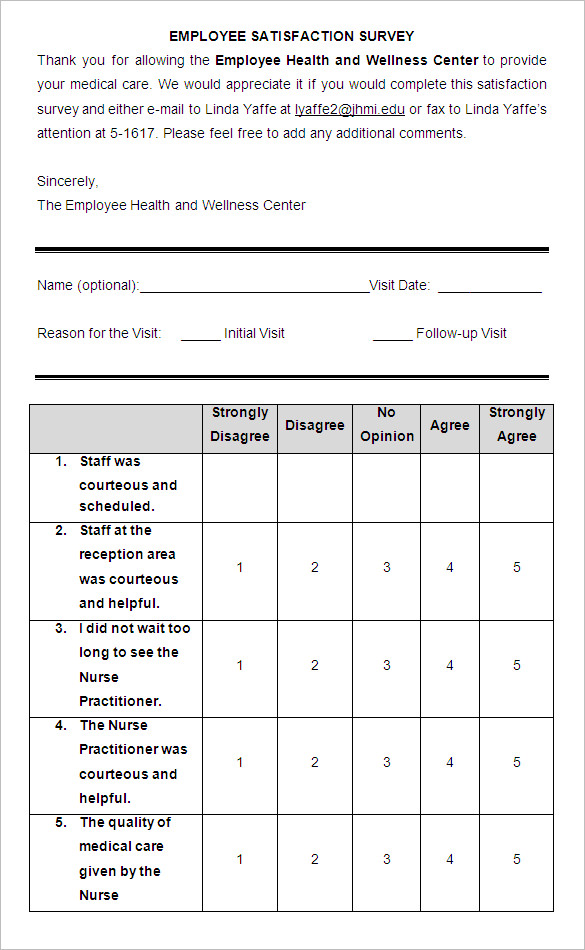Unlocking the Gamer's Mind: Why Game Companies Seek Your Wisdom
Ever wondered why that pop-up appears, inviting you to share your thoughts on your favorite game? It's not just a random act of digital kindness. Game developers, much like skilled alchemists seeking the perfect potion, crave your insights. They're on a quest to understand the gamer's mind, and surveys are their most potent tool.
Gathering player feedback is a crucial part of game development, a continuous dialogue between creators and players. It's about tapping into the collective consciousness of the gaming community, a rich tapestry of opinions, preferences, and desires. This information is pure gold, allowing developers to refine their creations and elevate the gaming experience to new heights.
From the earliest days of arcade games to the immersive worlds of today's online experiences, developers have sought ways to understand their players. Early methods were often informal, relying on observation and anecdotal feedback. But as games evolved, so too did the need for more structured and comprehensive data gathering. The advent of online gaming and digital distribution platforms revolutionized the process, making surveys a powerful and accessible tool.
The core reason game companies conduct surveys is to enhance player satisfaction. They want to know what resonates with you, what frustrates you, and what sparks your joy. This information informs every aspect of game development, from gameplay mechanics and level design to character development and narrative arcs. It's about creating games that are not just entertaining, but truly engaging and fulfilling.
Understanding the motivations behind player behavior is another key objective. Why do players choose certain characters? What drives their in-game decisions? By delving into these questions, developers gain valuable insights into player psychology. This knowledge empowers them to create more immersive and compelling game worlds that resonate on a deeper level.
One major benefit of game surveys is improved game design. By understanding player preferences, developers can refine game mechanics, balance difficulty levels, and create more intuitive user interfaces. For example, a survey might reveal that players find a particular boss fight too challenging, leading the developers to adjust the difficulty or provide more in-game guidance.
Enhanced player engagement is another significant advantage. Surveys can help developers identify areas where players are losing interest or becoming frustrated. This feedback can then be used to implement changes that keep players hooked, such as adding new content, adjusting the pacing of the game, or introducing new features.
Building a stronger community is a third key benefit. Surveys provide a platform for players to share their thoughts and feel heard. This fosters a sense of connection between the developers and the community, leading to increased loyalty and positive word-of-mouth marketing.
A best practice is to keep surveys concise and focused. Avoid overwhelming players with lengthy questionnaires. Incentivizing participation with in-game rewards or exclusive content can also boost response rates.
Another best practice is to target specific segments of the player base. This allows developers to gather more relevant feedback and address the needs of particular groups of players.
A simple example of a game survey is asking players to rate their satisfaction with a recent update on a scale of 1 to 5. A more complex survey might delve into specific aspects of the update, asking players to provide detailed feedback on new features or gameplay changes.
Advantages and Disadvantages of Game Surveys
| Advantages | Disadvantages |
|---|---|
| Improved game design | Potential for biased responses |
| Enhanced player engagement | Difficulty reaching all player segments |
| Stronger community building | Time and resources required for analysis |
Common challenges include low response rates and the potential for biased feedback. Offering incentives and ensuring anonymity can help mitigate these issues.
FAQ:
Q: Why are surveys important for game development?
A: Surveys provide valuable insights into player preferences and behavior, helping developers create better games.
Q: How often should game companies conduct surveys?
A: The frequency depends on the game and the development stage, but regular surveys are generally recommended.
In conclusion, game surveys are a vital tool for game developers seeking to create truly exceptional gaming experiences. By actively soliciting and incorporating player feedback, developers can refine their creations, enhance player engagement, and build thriving communities. Embracing this ongoing dialogue between creators and players is essential for the continued evolution and success of the gaming industry. So, the next time you see that survey pop-up, take a moment to share your wisdom. Your feedback is not just valued—it's actively shaping the future of gaming.
The joyful world of cartoon laughing dog memes
Unlocking motherhood a deep dive into i am mom chapter 1
Hwy 41 crashes understanding the dangers and driving safely













